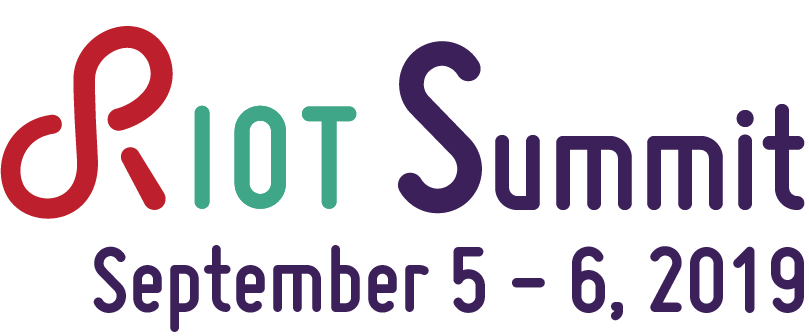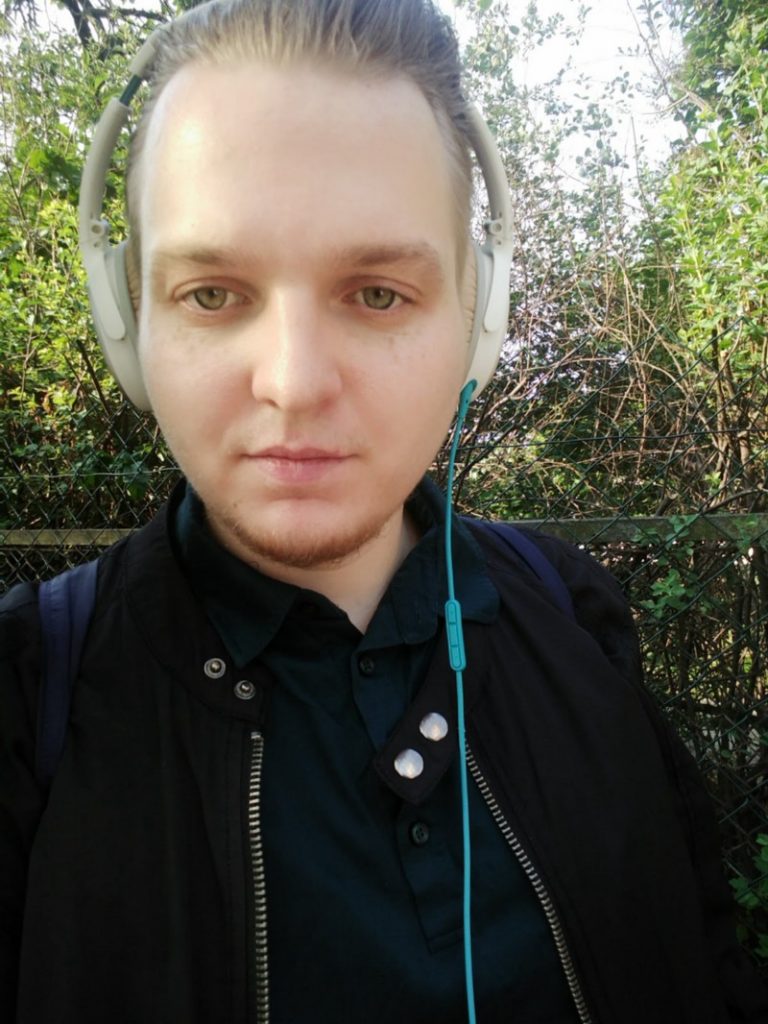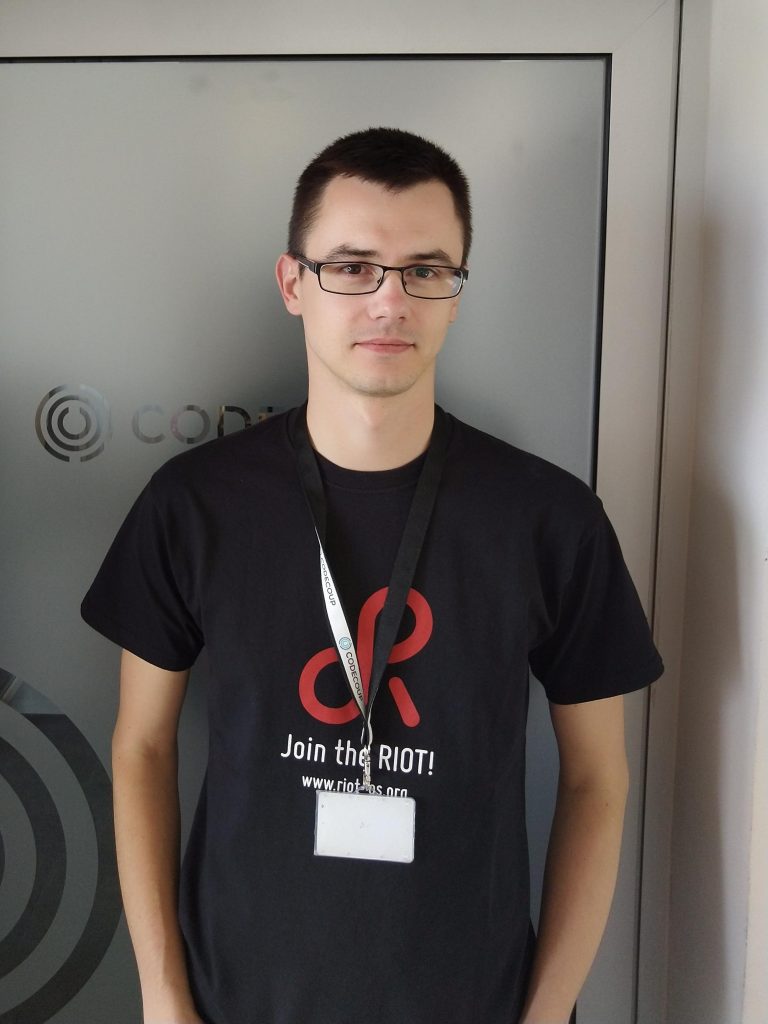Title:
Cubesats: a low cost opportunity for IoT satellites
Bio:
Didier Donsez is full professor in Computer Sciences at Université Grenoble Alpes (Grenoble, France) since 2007. Didier teaches software engineering and information technologies at Polytech Grenoble, an engineering school. He advocates free and open source software since 1991. His research labs is the LIG (Laboratoire d’Informatique de
Grenoble), ERODS Team. His research topics are distributed systems in the context of the cloud computing and the internet of things. He earned a doctorate (Ph.D) in Computer Sciences (1994) at University Paris VI ( Pierre et Marie Curie) and a HDR in Computer Sciences (2006) at Université Joseph Fourier.
Abstract:
The Internet of Things is considered the third wave of the Internet. In this talk, we will describe the potential of cubesats for IoT applications in space and on the ground. Different configurations will be adapted to different use cases, especially for covering “things” in isolated areas of the world (oceans, deserts, rain forests, polar regions …). We present the ThingSat cubsat project of the Centre Spatial Universitaire de Grenoble (CSUG) and of the LIG lab. The ThingSat evaluates promising low-power, long-range radio technologies such as LoRa™ for new space and Sat-IoT applications. Moreover, we present our first experiments for the evaluation of the link-margin performances with the LoRa™ radio modulation. Those experiments were done with home-cooked LoRa field test endpoints (LFTE) piggybacked into stratospheric sounding balloon pods. The LFTE’s firmware relies on a modified RIOT LoRaWAN stack in order to register the LFTE simulteanously into several public and private LoRaWAN networks (TheThingsNetwork, Orange LiveObject, CampusIoT …). The LFTE firmware sends periodically frames at various combinaisons of datarates and transmission powers. Frame payload contains the transmission power, the GPS position, the GPS altitude and the temperature.



